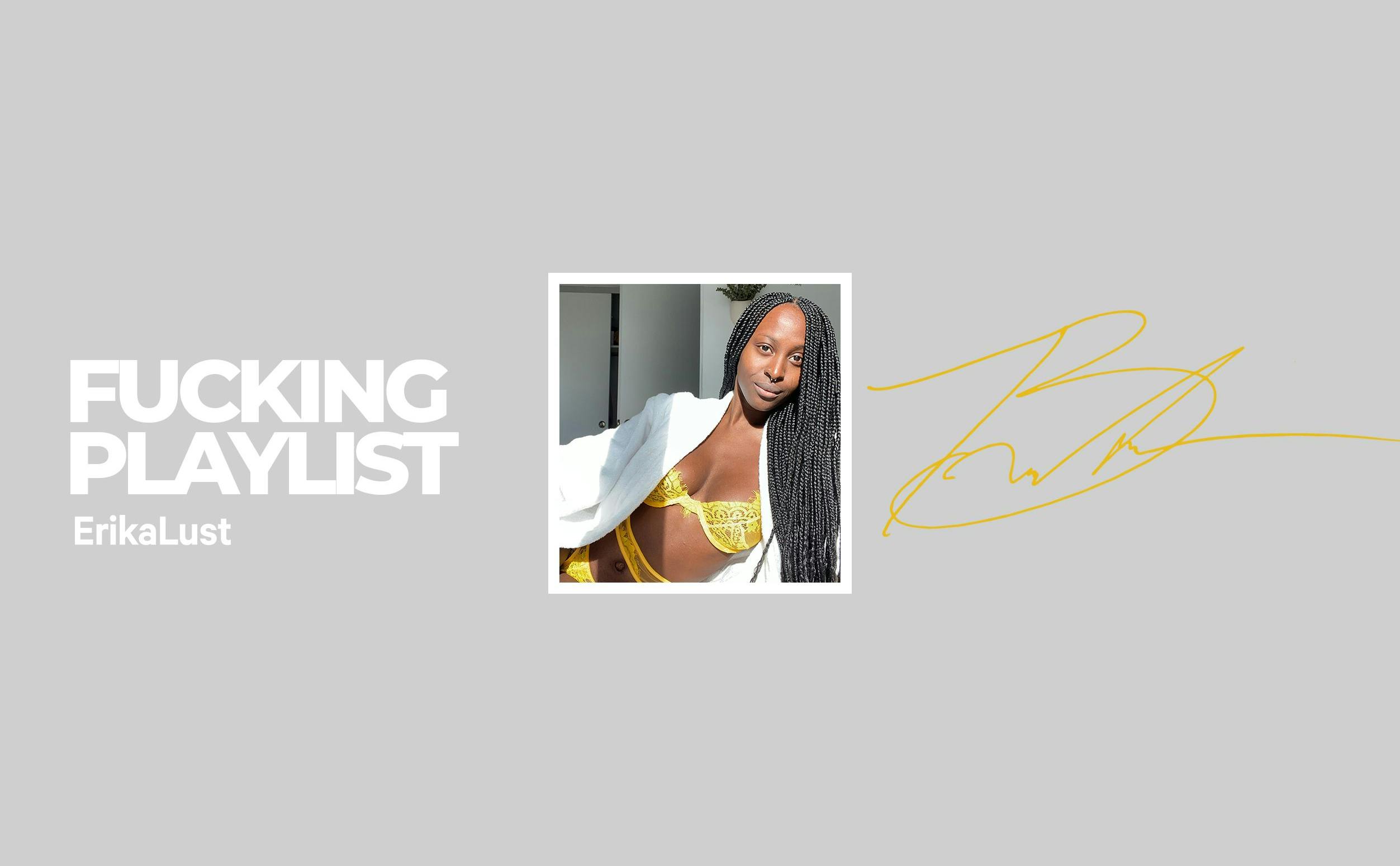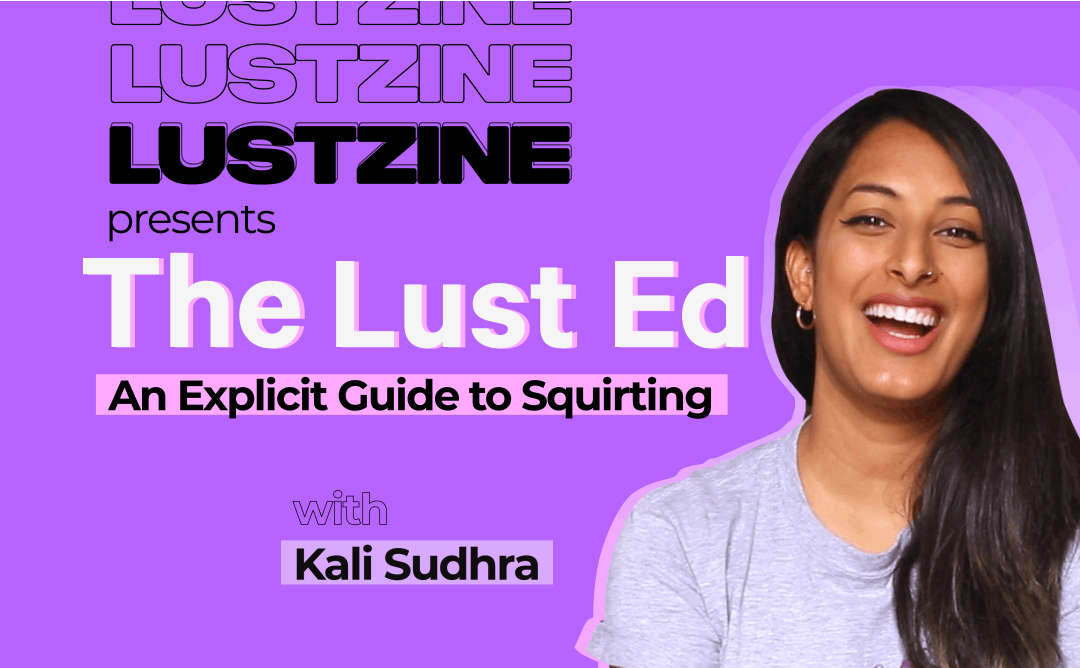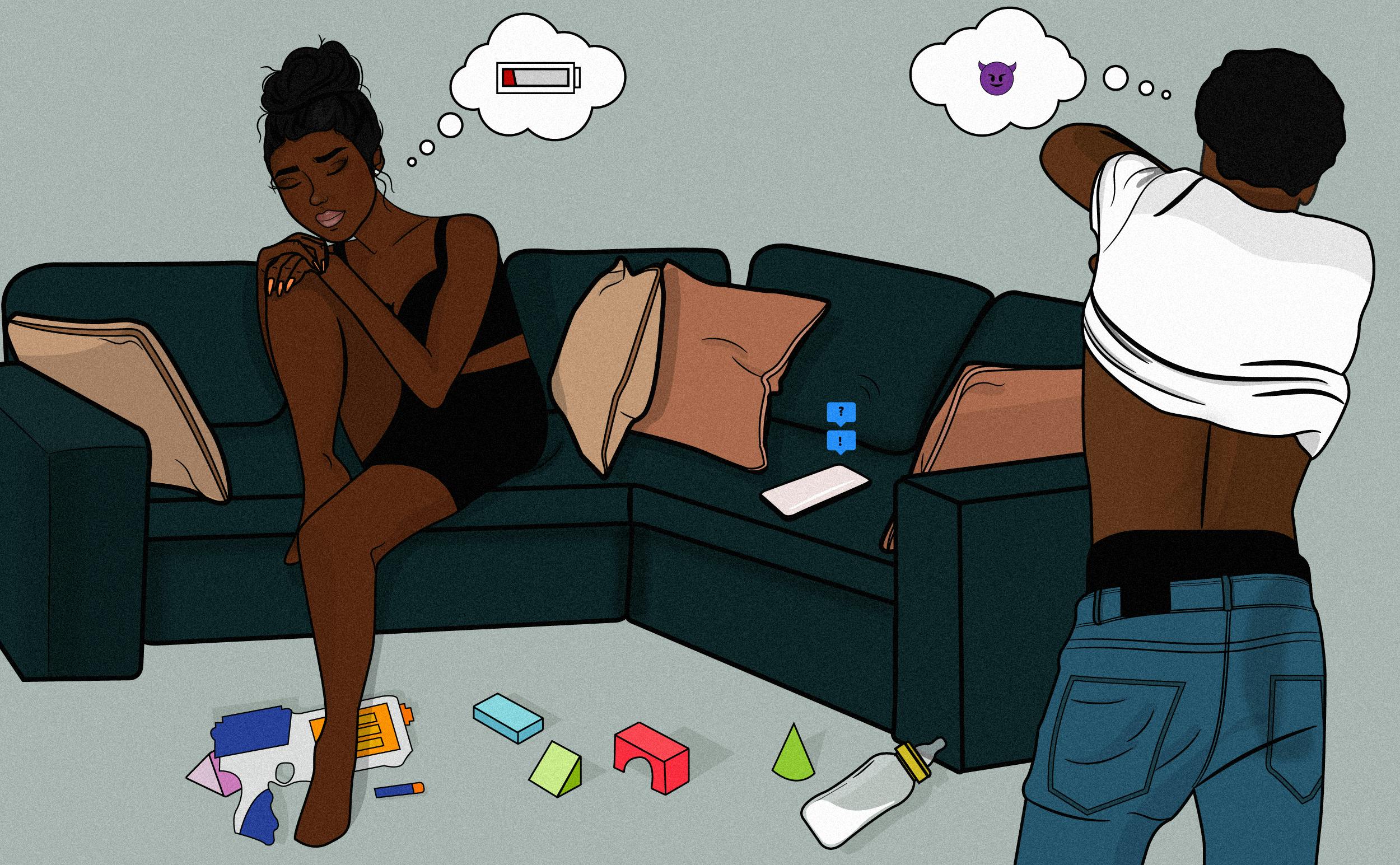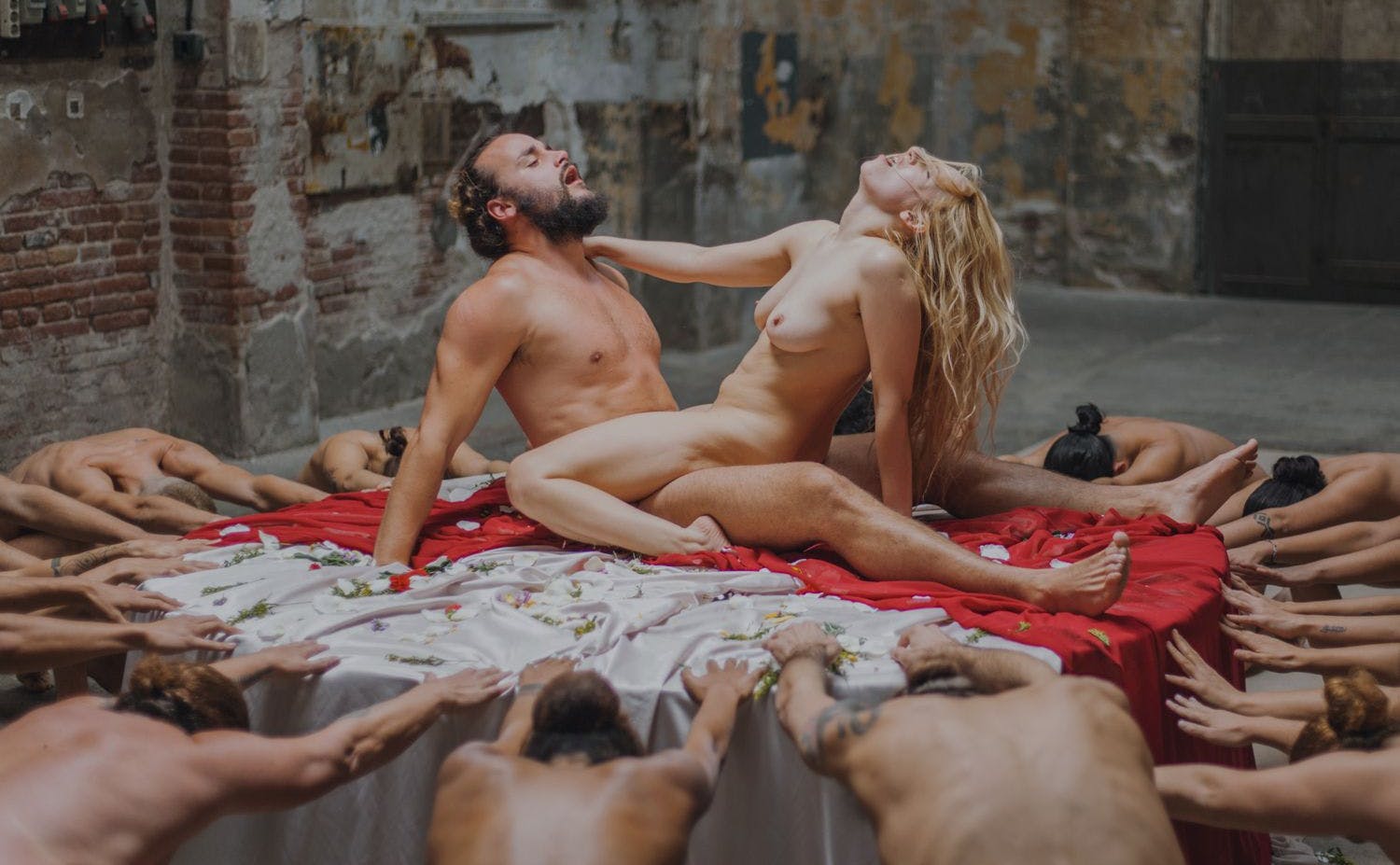The War on Sex & Social Media Censorship
The War on Sex & Social Media Censorship
How Instagram Censorship Could Affect the Lives of Women
How Instagram Censorship Could Affect the Lives of Women
@cecile_hoodie, the artist who collaborated with us to expose biasedbanning on social media, had her account removed by Instagram without an explanation, let alone a previous warning for her. Luckily, due to the help of our supportive online community, Cecile finally got her account back.
Sadly, the case of Cecile Hoodie is by no means the exception. Countless profiles of predominantly female and queer artists, educators and sex workers as well as companies working around sex and sexuality have been targeted by Social Media’s crack down on sexual content.
The number of victims of the campaign in the adult community, documented by XBIZ in an extensive report on the current situation, is almost 300 performers and companies. Like many others, Instagram deleted my account in the past, took down my posts and stories and I have been and continue to be shadow banned on the platform. Shadow banning makes the account in question less visible and harder to find for potential new followers.
But it’s not just the adult industry and creators of porn for women that are suffering under the extreme rise of online censorship. The #biasedbanning or #shadowbanning of empowering and educational content about sex, pleasure and body positivity is leaving the many people who use these pages at risk of losing vital and already rare resources.
A movement has formed demanding changes to Instagram’s policy. There is an algorithm behind who gets to post what on social media that is silencing people due to lack of a clear definition of explicit content and biased, mostly male interpretations of what is considered to be “sexually suggestive”. To shed light on the current situation, I wrote an opinion piece for USA Today to ask people to get more involved in actively fighting online censorship and to help preserve online spaces to talk about and inform ourselves on sex and sexuality. Read the article below!
Read the article below!
This article was originally published as an opinion piece in USA Today.
Instagram recently announced an addition to its already stringent censorship policy: it is enabled to demote from its “Explore” page anything that it deems “inappropriate,” regardless of whether it violates community guidelines or not.
Remaining characteristically vague when it comes to censorship, Instagram offered only one example of the kind of thing it would be cracking down on “sexually suggestive” content. Leaving a lot of room for interpretation.
Instagram already has strict guidelines when it comes to sexual content, with depictions of sexual intercourse and most types of nudity outright banned. So, what more can they be looking for under the label of “sexually suggestive”?
Well, TechCrunch obtained some images provided as examples of “sexually suggestive” by Instagram, which suggest that there will be a biased interpretation of the term. One image featured a woman sitting in her underwear and the other featured a close of up a headless man grabbing his crotch. This suggests that men are deemed sexually suggestive by their actions, whereas women are deemed to be by just showing their body. It is often the way in which women are viewed rather than what they are doing that renders their behavior potentially “suggestive” or not. Meaning that almost anything that women do — eating, exercising, sunbathing — can be seen as such.
Images that could be viewed as empowering, body positive or informative can just as easily be seen as suggestive when viewed from a male perspective. It is this lack of objectivity that is most concerning, especially when you consider that the majority of people behind Facebook (Instagram’s parent company) making these decisions are men.
A paternalistic framework, like the one seemingly employed by Instagram, which is based on a gendered notion of indecency will inevitably disempower people who are already marginalized — as well as disproportionately affect women. A possible gendered censorship from a platform as large as Instagram reflects a societal fear of the female body and promotes the power dynamics that keep the female body sexualized and commodified by men, rather than understood or celebrated by women.
Women losing resources
Social media is a parallel world but changes that happen online can cause real-life ripple effects. Pages that promote sexual education, women’s bodily autonomy and sexual pleasure are particularly vulnerable to censorship, leaving the many women who use these pages at risk of losing vital resources. These channels are so important for teaching a more inclusive, diverse sex education and covering topics that schools neglect — something that is especially important in the U.S. where abstinence-only sex ed is still prevalent.
If the internet mimics real life, then real life can also mimic things happening online. If women are censored on Instagram there is no doubt that we could be censored in offline life too. When Instagram pages that promote female pleasure are hidden, young women will come to understand that their pleasure is invalid in real life. When anatomical drawings of vaginas are censored on Instagram, women will learn that their bodies are something to be ashamed of in real life. When female nipples are censored but male nipples are not, we are taught that we must police our bodies to ensure we do not arouse men. When photos of period blood are taken down, a natural bodily process is turned into a source of shame.
Additionally, notions of indecency aren’t just gendered, they also align with culture ideas of appropriate appearance — meaning that women of color, disabled women, trans women and fat women are under stricter scrutiny compared to their white, thin and able-bodied peers. The bodies, sexualities and desires that are allowed online, translates itself into the bodies, sexualities and desires that are accepted in “offline” society.
We have seen this in the past with Instagram’s history of deleting images of fat bodies that don’t violate community guidelines. When body positivity accounts disappear, we are left with the archetype of “socially acceptable” bodies that saturate mass media. If it weren’t for these accounts many young women who don’t fit into this mold would struggle to discover body image advocates, something that is incredibly meaningful in a society that struggles to negotiate what body positivity really means.
Social media blurred the line between the public and the personal a long time ago, and the threat silencing and censoring of women online will have far-reaching and harmful repercussions on how women fully exercise their right to participate in offline, public life.
Have you or somebody you know been censored on Social Media before? I want to hear your stories! Drop a comment below or talk about it on social media! Tag #erikalust and #biasedbanning and I will share your posts and stories on the Lust Zine!
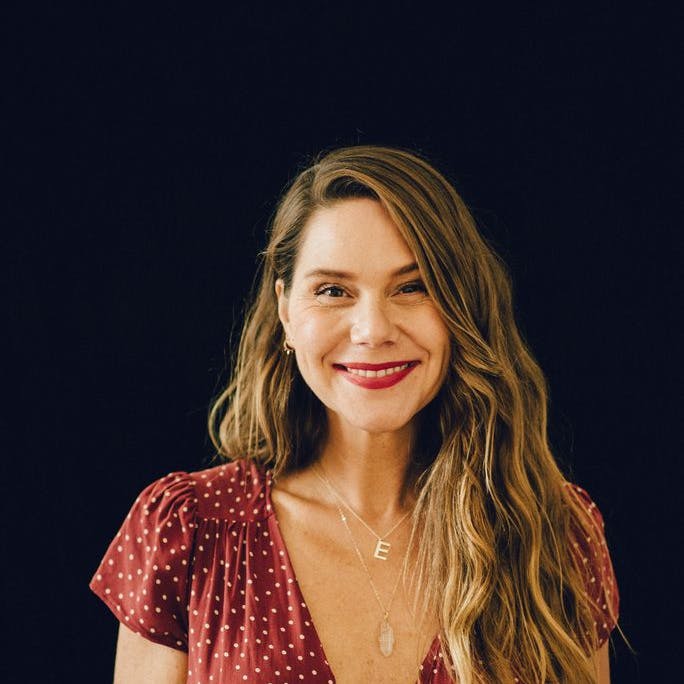
GET A FREE MOVIE









